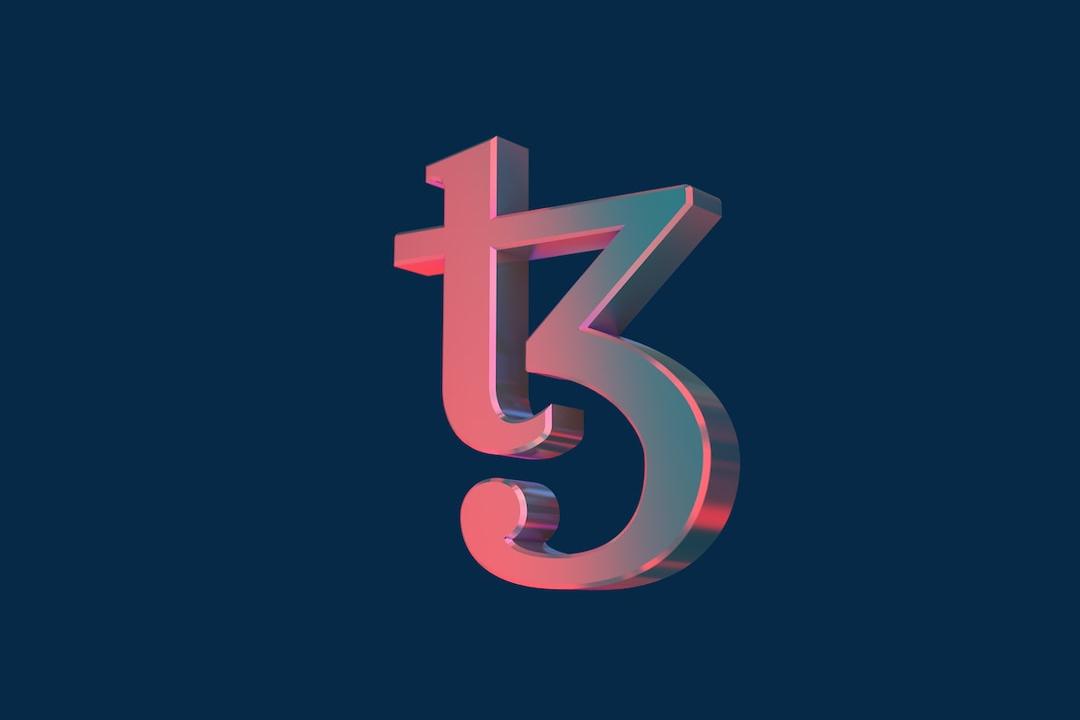Coinbase, the popular cryptocurrency exchange, is set to introduce a new feature that will allow users to recover lost assets sent to unsupported blockchains such as BNB Chain and Polygon. The announcement, made on February 27, states that users can retrieve their assets by providing their transaction ID and inbound Coinbase wallet address.
In the past, these lost assets were considered irretrievable because Coinbase employees and support channels did not have access to the private keys required to reverse transactions. However, the exchange has now implemented a solution to assist users in recovering their assets. For assets worth less than $100, Coinbase will not charge any fees for the recovery process. However, for assets exceeding this amount, a 5% commission will be applied.
It is worth noting that crypto exchanges’ wallets, including Coinbase, are typically multisig, meaning they have built-in support for various blockchains and assets, even if those tokens or networks are not available on the user interface due to regulatory compliance reasons.
Although it is theoretically possible to retrieve wrongly sent assets, the process usually involves significant time, effort, and coordination from senior executives who have control over exchange multisig wallets. Earlier this year, Cointelegraph reported that Binance, another major cryptocurrency exchange, was charging $500 for each retrieval of mistakenly sent assets.
Since its inception, Coinbase’s recovery tool has successfully retrieved $160 million worth of lost digital assets from the Ethereum blockchain. Currently, there are approximately 3,000 ERC-20 tokens mistakenly sent to Coinbase via BNB Chain, and 800 tokens sent via Polygon.
Coinbase is committed to expanding this feature to support additional assets and networks in the future. However, due to the technical complexities involved in recovering unsupported assets, there is no guarantee that all assets will be eligible for recovery.
In a related incident, a user of a crypto exchange disappeared after being mistakenly sent $650,000.


